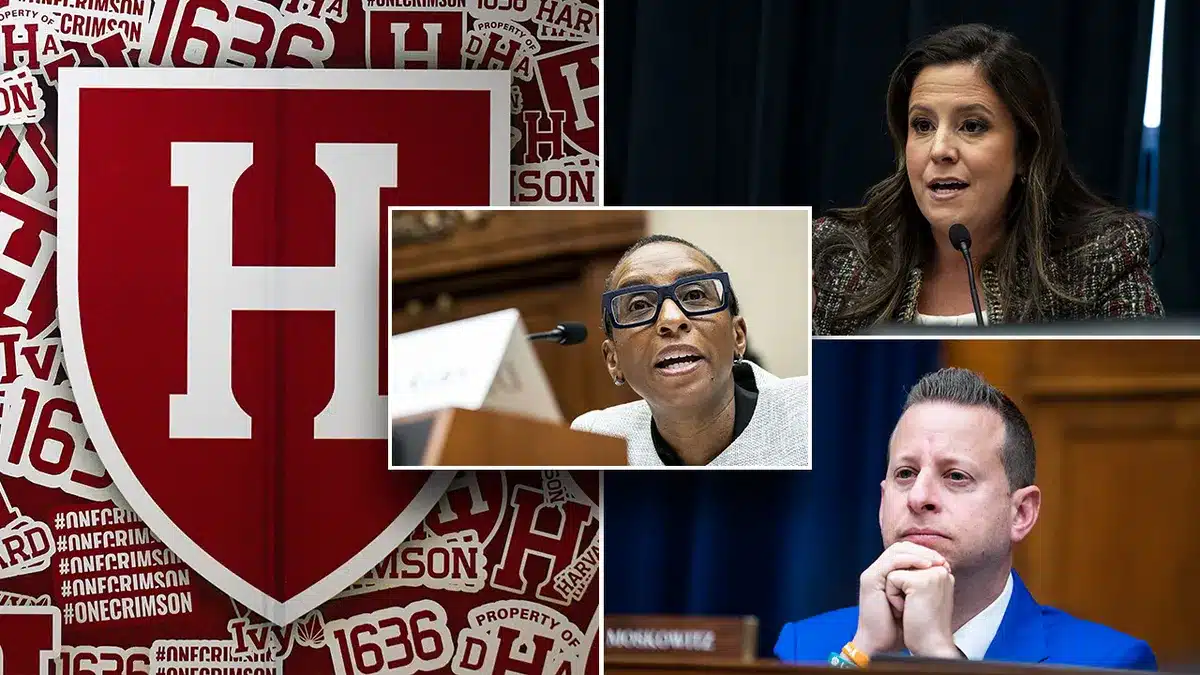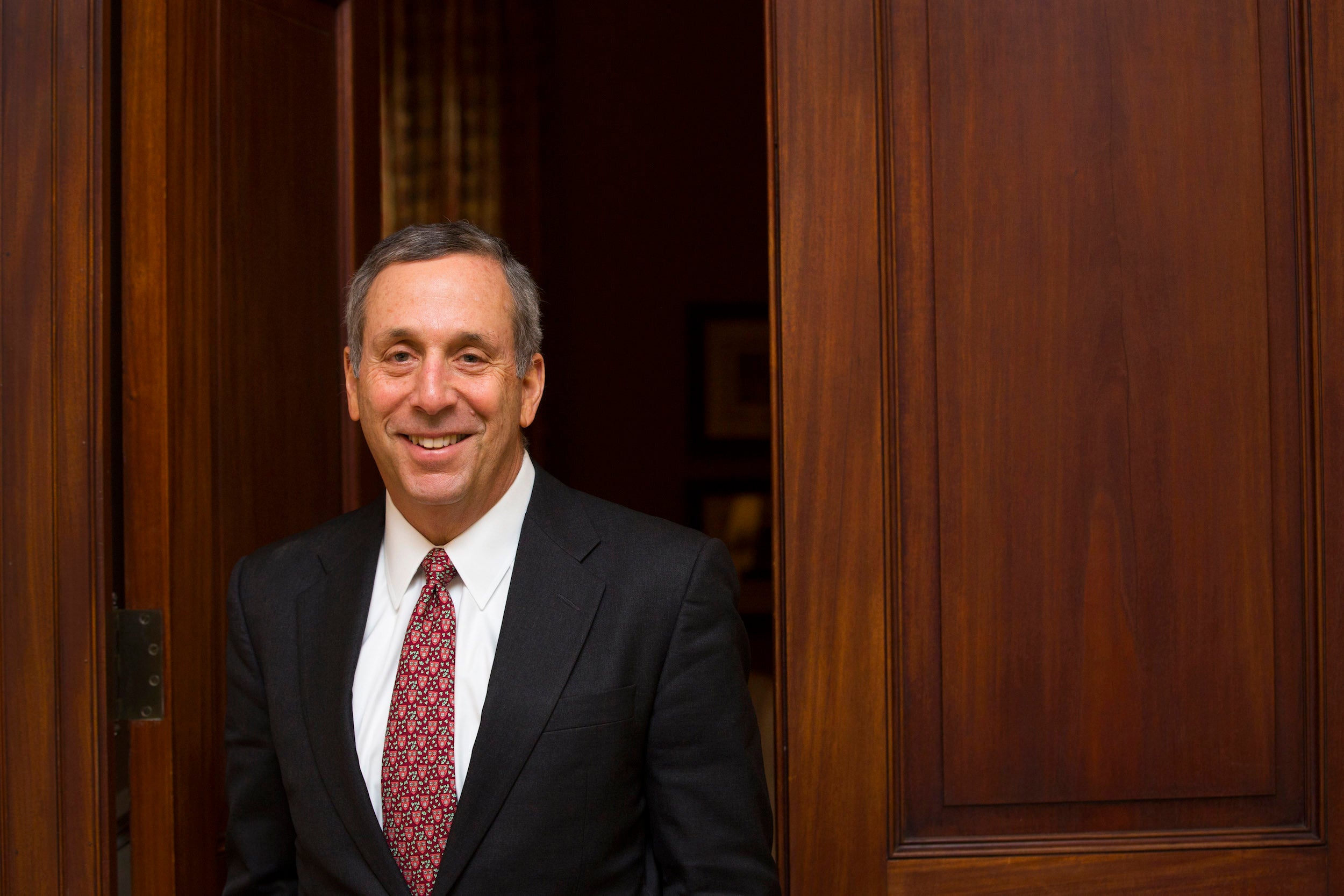News
Claudine Gay: Harvard President Won’t Lose Job Over Congress Row

Harvard University’s president, Claudine Gay, has announced that she will remain in her position despite the growing controversy surrounding her appearance before Congress last week.
Dr. Gay was under pressure to resign when she refused to explain whether students who advocated for the killing of Jews would face disciplinary action.
However, approximately 700 staff colleagues supported her in a letter sent over the weekend.
The school board announced on Tuesday that it was “reaffirm[ing] our support” for her leadership.
“Our extensive deliberations affirm our confidence that President Gay is the right leader to help our community heal and address the very serious societal issues we are facing,” said the Harvard Corporation, the university’s top governing board.
“In this tumultuous and difficult time, we unanimously stand in support of President Gay,” the 13-member board concluded.
The announcement that Dr. Gay will stay president comes only days after the University of Pennsylvania (UPenn) president, Elizabeth Magill, announced her resignation following a similar outcry over her congressional testimony.
Dr Gay testified last week at a House of Representatives committee on antisemitism alongside Ms Magill and Massachusetts Institute of Technology president Sally Kornbluth.
During difficult questioning from Republican Congresswoman Elise Stefanik, Dr. Gay stated that she thought demands for the murder of Jews were reprehensible but that whether it would violate Harvard’s code of conduct involving bullying and harassment depended on the context.
She later apologized in an interview with Harvard’s campus newspaper, the Crimson.
“When words amplify distress and pain, I don’t know how you could feel anything but regret,” she said.
Harvard President Won’t Lose Job Over Congress Row
The Harvard Corporation said in a statement that calls for genocide were “despicable,” and that Dr Gay’s initial statement “should have been an immediate, direct, and unequivocal condemnation.”
However, the institution emphasized that Harvard’s president had apologized for how she handled her congressional testimony.
“Harvard’s mission is advancing knowledge, research, and discovery that will help address deep societal issues and promote constructive discourse, and we are confident that President Gay will lead Harvard forward toward accomplishing this vital work,” the university’s board of trustees stated.
Over the weekend, over 700 faculty members signed a petition urging Harvard to “resist political pressures that are at odds with
Harvard’s commitment to academic freedom” and retain Dr Gay as president.
Harvard Professor Alison Frank Johnson, one of the petition’s signatories, told the BBC’s Newshour that Dr Gay gave a “catastrophic set of answers” at the hearing but that the “question of university autonomy” pushed her and others to sign the petition in support of the president.
Harvard President Won’t Lose Job Over Congress Row
“I believe it was a disastrous set of responses that did not do her or our university justice, and I refuse to defend them.” “But I don’t believe they show a moral degeneracy on the part of the Presidency or the university leadership that requires her to be fired,” she said.
However, StopAntisemitism, a non-profit dedicated to combating antisemitism, chastised the Harvard Corporation for “failing to hold” Dr Gay accountable.
“The Corporation’s decision serves only to greenlight more Jew-hatred on campus,” according to the group. “StopAntisemitism continues to call for President Gay’s resignation and urges the
The corporation should reconsider its decision and hire someone committed to protecting every Harvard student.”
Meanwhile, more than 70 lawmakers, largely Republicans, demanded Dr Gay quit, calling the university president’s responses during the session “abhorrent.”
Following the Gaza conflict, college campuses around the United States have become frequent venues of pro-Palestinian or pro-Israeli protests, prompting worries about Islamophobia and antisemitism.
Harvard President Won’t Lose Job Over Congress Row
Dr. Gay was appointed as Harvard University’s first black president in the university’s 368-year history in July. She is the daughter of Haitian immigrants and holds a degree in economics from Stanford University, where she previously taught.
Dr. Gay later earned a PhD in government from Harvard, where she began teaching African and African-American Studies in 2007.
While Dr. Gay soon garnered widespread support, Elizabeth Magill faced intense external pressure to quit.
The UPenn president announced her resignation shortly after a prominent university donor withdrew a $100 million (£80 million) gift in protest of her comments.
Before her congressional testimony, she faced criticism, particularly from some of the school’s largest benefactors, who said she had not made a timely and strong enough condemnation of the Hamas attacks.
According to Molly McPherson, a crisis management consultant, bigger dynamics at their two colleges explain why one president is still in office while the other has left.
“Each institution has their own set of values, their own donors and donor expectations,” she went on to say. “Harvard was ready to support Gay, and UPenn was ready to let Magill go.”
However, she said that Ms Magill’s reaction to the backlash over her testimony did not help. While Dr Gay addressed the student body directly through the school newspaper, Ms Magill issued an apologetic video that she described as “awkward, stilted, unrehearsed, and scripted.”
It “lacked all authenticity and seemed removed from what the real problem was, which is the disconnection between her views and the protection of the students,” according to Ms. McPherson.
Dr. Gay’s response, she said, was starkly different.
“Her remarks were relatable,” she commented. “She chose a proactive approach.”
SOURCE – BBC





































